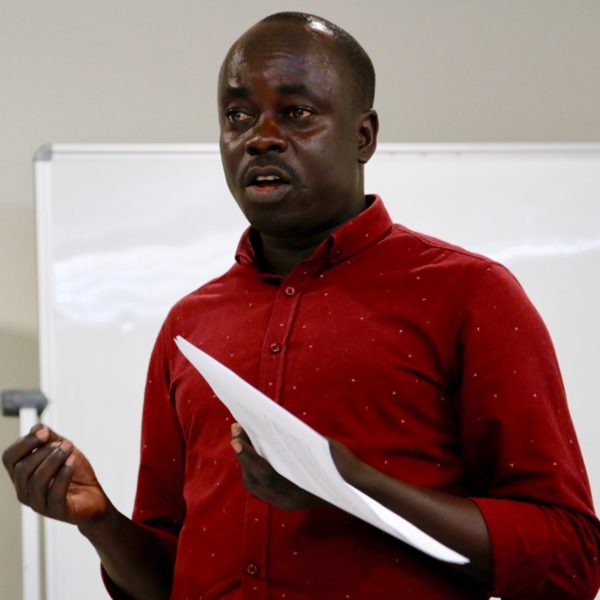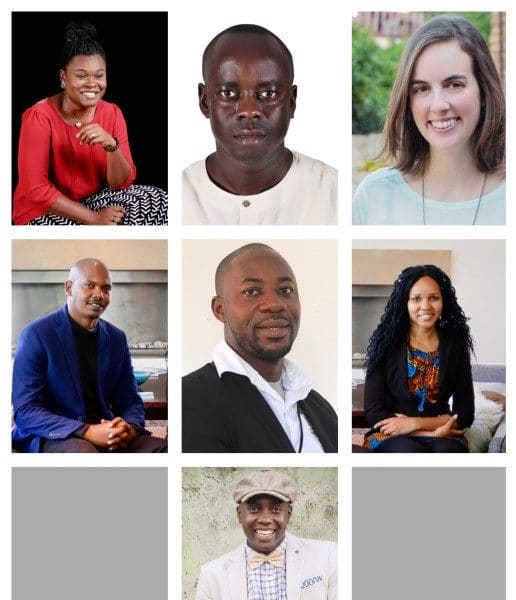Literary works by African writers of Asian descent construct the experiences of Asian communities in the western Indian Ocean (East Africa) as counter-narratives that seek to provide alternative and more nuanced accounts of Asian presence in the region. Surprisingly, however, critical engagements with this body of works have paid little attention to notions of space and space-making, given the prominence given to narrating experiences of mobility, displacement and relocation, and notions of home and belonging in East African/western Indian Ocean novels. Inquiries into ideas of home, location, host/national, transnational and global spaces as analytical categories have paid little attention to how mobility and the concomitant processes of space-making and spatial designations – e.g., as local and global, cost and interior, domestic and public, home and abroad, etc. – shape distinct subjectivities. Where these ideas are explored, the focus has often been on the production of marginalities than on the theoretical ramifications of space-making. Against this gap, the proposed study, by drawing on the intersection of postcolonial theory, globalisation/glocalisation and diaspora studies, seeks to explore how mobility and space-making determines subjectivity to advance a better understanding of engagements in national and transnational spaces and across the global cultural terrain.
Menu
Related news
Related news
Share this project:
Share on whatsapp
WhatsApp
Share on email
Email
Share on facebook
Facebook
Share on twitter
Twitter
Share on linkedin
LinkedIn
Is any information on this page incorrect or outdated? Please notify Ms. Nel-Mari Loock at [email protected].




